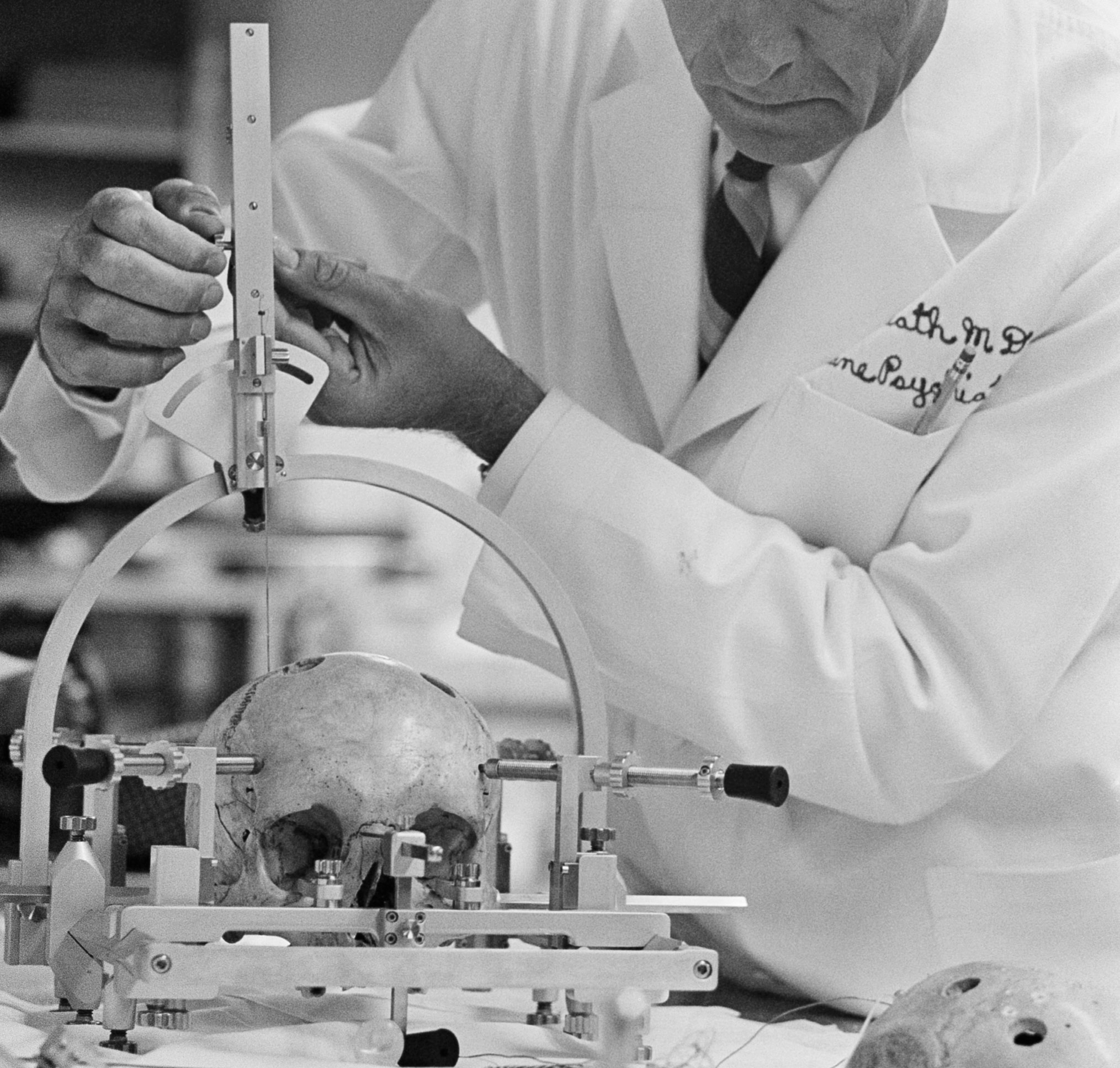Elon Musk said Monday the first human has received an implant from Neuralink, a company he co-founded.
The implant enables the individual to control their body using thoughts. Despite Musk not revealing details about the patient, he did state that they are “recovering well” and that “initial results show promising neuron spike detection.”
The primary intention of the implant is to help paralyzed individuals move their bodies with the help of their thoughts. Neuralink, the brain-machine interface company, received FDA clearance to test its implant in humans in May 2023, a crucial development for the startup.
Before this, the company had only conducted tests on pigs and monkeys.
The ideal candidate for the first human trial of the Neuralink implant should be an adult younger than 40 whose four limbs are paralyzed.
According to Ashlee Vance, a writer for Bloomberg, the surgery involves a craniectomy that takes a couple of hours for the surgeon to perform. Afterward, a robot performs the insertion of the chip into the area of the brain that controls the hands, wrists, and forearms, which takes roughly 25 minutes.
The company’s primary objective is to demonstrate that it is safe to collect valuable data from that particular section of the brain. It is a significant step for Neuralink on its quest to make it possible for computers to understand a range of commands from people’s thoughts.
















